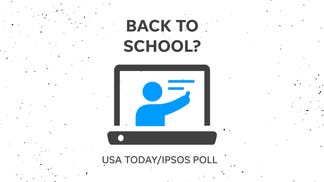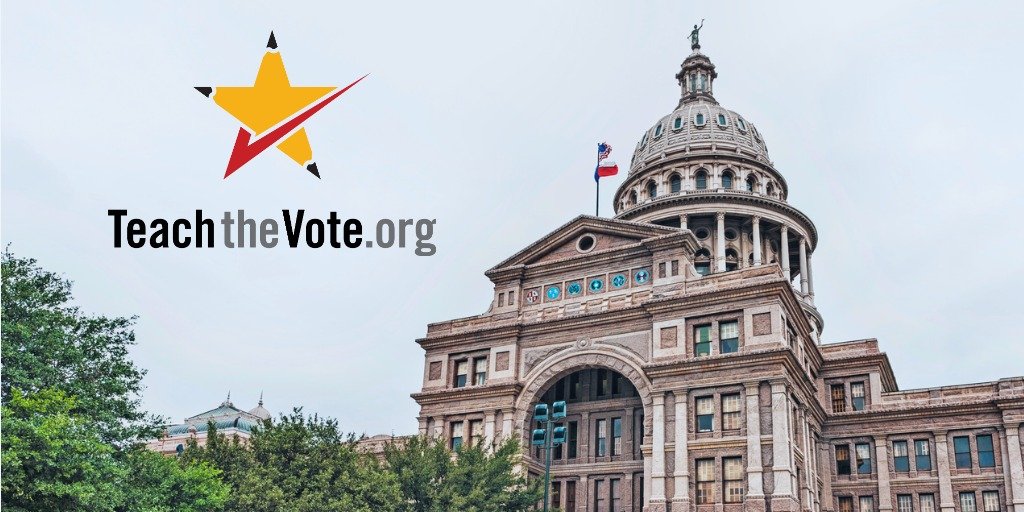Surveys illuminate parent and teacher worries in light of COVID-19

COVID-19 Curriculum | Instruction School Safety
Date Posted: 5/27/2020 | Author: Andrea Chevalier
With numerous unknowns amid the COVID-19 pandemic, it is important to be able to gauge how parents, families, and educators feel about the current state of emergency learning and potential paths forward. A few recent surveys shed a little light on views of the general public, teachers, and parents about education in light of the pandemic.
Families and educators alike are adjusting to new realities, and perceived needs for improvement, in areas such as communication, are rising to the surface. There appears to be widespread worry about students and opposition to an extended year calendar. The coming school year is set to look quite different, potentially with fewer students and teachers in the classroom as some sit out the return to school awaiting the development of a vaccine.
Here's a closer look at findings of the recent surveys:
Learning Heroes Parent 2020 Survey

earning Heroes conducted their nationwide annual public school parent survey this spring and gathered important information about how parents are dealing with the pandemic. The research entity partners with multiple national organization such as PTA and the National Urban League "to inform and equip parents to best support their children's educational and developmental success." The Parents 2020 survey was conducted in English and Spanish and with a focus on low-income parents and parents of color. The survey found that while parents are mostly hopeful and grateful, 65% are also anxious/worried. Parents are most worried that their kids are missing important social interaction at school or with friends. They are more concerned with too much screen time for their child than being able to pay their bills and having enough food. The survey found that 56% of a child's awake time involved a screen.
There is a disconnect between parents and teachers that shows the importance of effective communication channels. Parents feel more appreciation for teachers, but only 33% of parents say they have regular access to the teachers, unfortunately. Furthermore, 47% of parents feel that personal guidance for how to best support their child is extremely helpful, but only 15% have received this resource. Eighty percent of parents find texts and phone calls to be the most effective, but the main communication channel seems to be email. Even though parents feel more connected to their child's education than ever before, they still have an overinflated view of their child's abilities, with 92% believing that their child is learning at or above grade level. (NAEP Scores for 2019 suggest the actual percentage of students performing at or above grade level is closer to 37%.)
The way remote learning meets or doesn't meet parents' expectations likely translates into parents' feelings about the coming school year. Parents with higher income and reliable internet who feel prepared to support learning consider the remote learning environment to be better than expected. Parents of elementary school children, those missing technology, and the ones with annual incomes below $37,000 feel remote learning is harder than expected. Only 23% of parents say they are using resources they find on their own, mostly from general websites such as YouTube. Parents are looking forward to being more engaged in their child's learning into the next school year, hoping to get a better understanding of what they are expected to learn and finding more time to talk to their children about their assignments. Perhaps longing for a sense of normalcy, parents favor making summer school courses available so students can catch up rather than starting the school year early. Even more parents don't want the 2020-21 school year to extend into the 2021 summer.
USA Today/Ipsos Public Polls of Parents and Teachers

USA Today and Ipsos conducted two public polls, one surveying the general public and parents of K-12 students and another one targeting K-12 teachers.
Both surveys found that less than half of the respondents are in favor of resuming school resuming before there is a vaccine. A broken line of communication also surfaced in these two polls, with both parents and teachers expressing that the other has struggled to support their child's online learning. Similar to the overinflated view of mastery found in the Learning Heroes survey, parents conveyed that their kids have adapted well to online learning. In contrast, teachers said online and distance learning have caused their students to fall behind.
The general public, parents, and teachers mostly support a return either to five days of in-person schooling per week, or returning to school in-person two to three days per week with distance learning on other days. As in the Learning Heroes survey, there is less support for starting school earlier in the summer and continuing into the following summer. When school does resume, 59% of respondents said they would likely pursue at-home learning options.
In general, the majority of both parents and teachers are worried about their students. Parents and teachers agree that social distancing won't be easy for kids. Just as 68% of parents said their child would find it difficult to follow social distancing guidelines, 87% of teachers said its likely they will have difficulty enforcing social distancing. The majority of teachers plan to wear masks and the majority of parents plan to have their kids wear masks.
We may see a wave of retirement in the coming months, the surveys suggest, as teachers report working longer hours than they did before. Even fewer teachers believe they are paid fairly compared to the time before COVID-19. One in five teachers say they would leave their job if schools reopen, including 25% of teachers over the age of 55.
Related: ATPE wants to hear from you! Educators are invited to take our COVID-19 Educator Impact Survey between now and June 3, 2020. Find out more here.
CONVERSATION
RECOMMENDED FOR YOU

School Finance, Educator Preparation | Certification, Texas Legislature, Congress | Federal, COVID-19, Elections, Curriculum | Instruction, School Safety, Educator Compensation | Benefits, Testing | Accountability
08/04/2023
Teach the Vote’s Week in Review: Aug. 4, 2023
ATPE weighs in on current political climate for education in Houston Chronicle story—plus, a look at federal ed prep and special education developments.

04/19/2024
Teach the Vote’s Week in Review: April 19, 2024
Listen to the latest episode of The ATPE Podcast learn why your vote in school board, appraisal, and bond elections is so critical.

04/18/2024
5th Circuit Court denies rehearing in publishers’ Texas library book lawsuit
Author of HB 900 urges Paxton to appeal to the U.S. Supreme Court.

